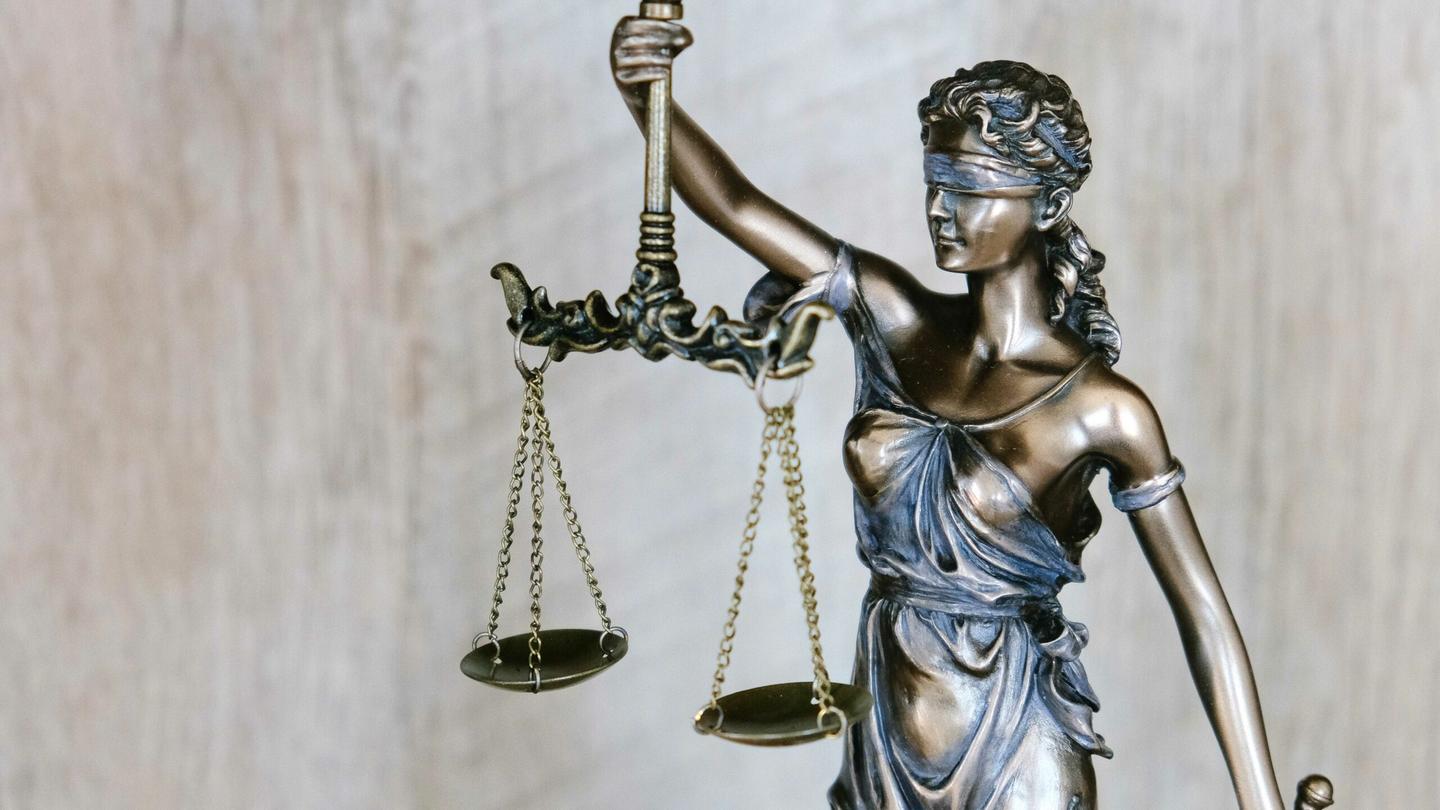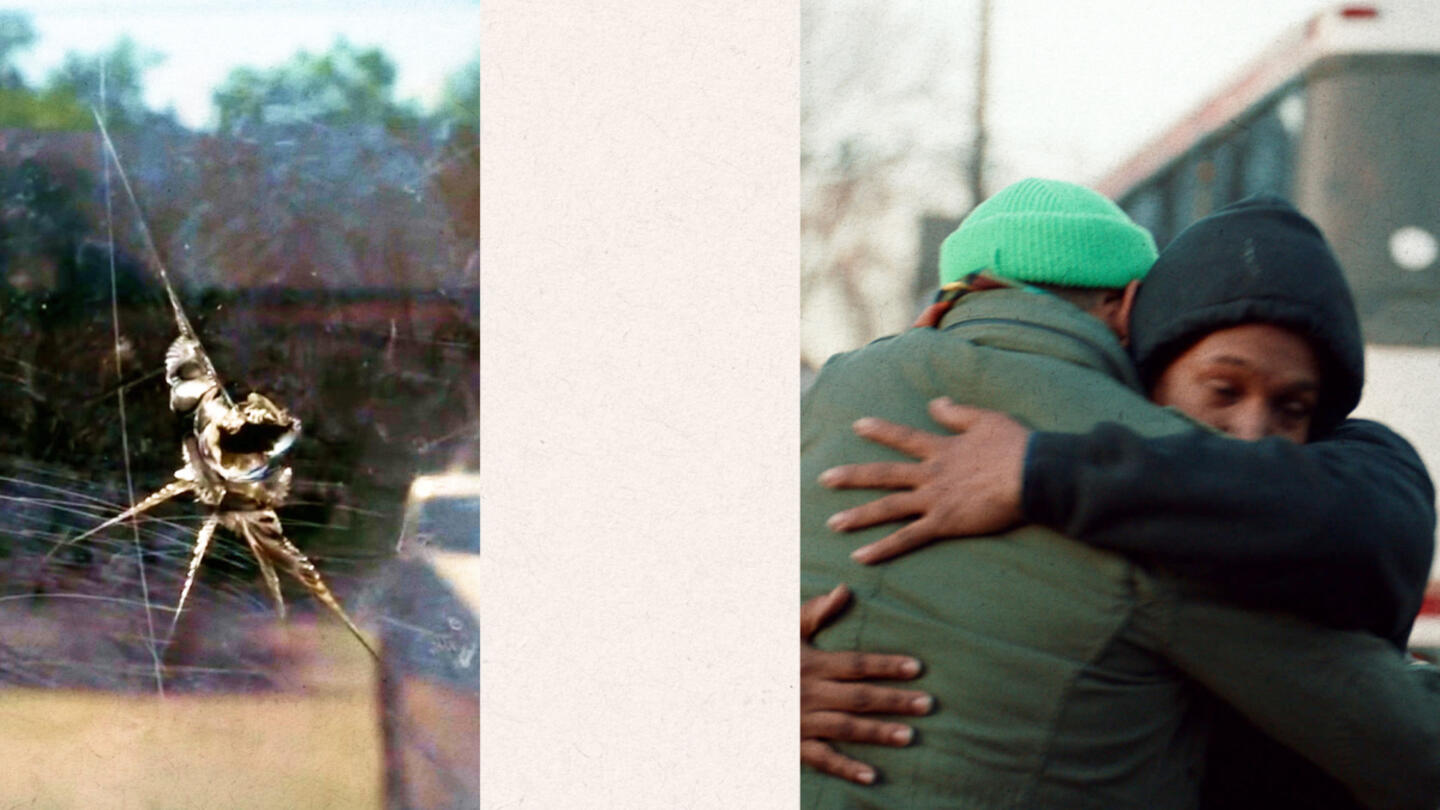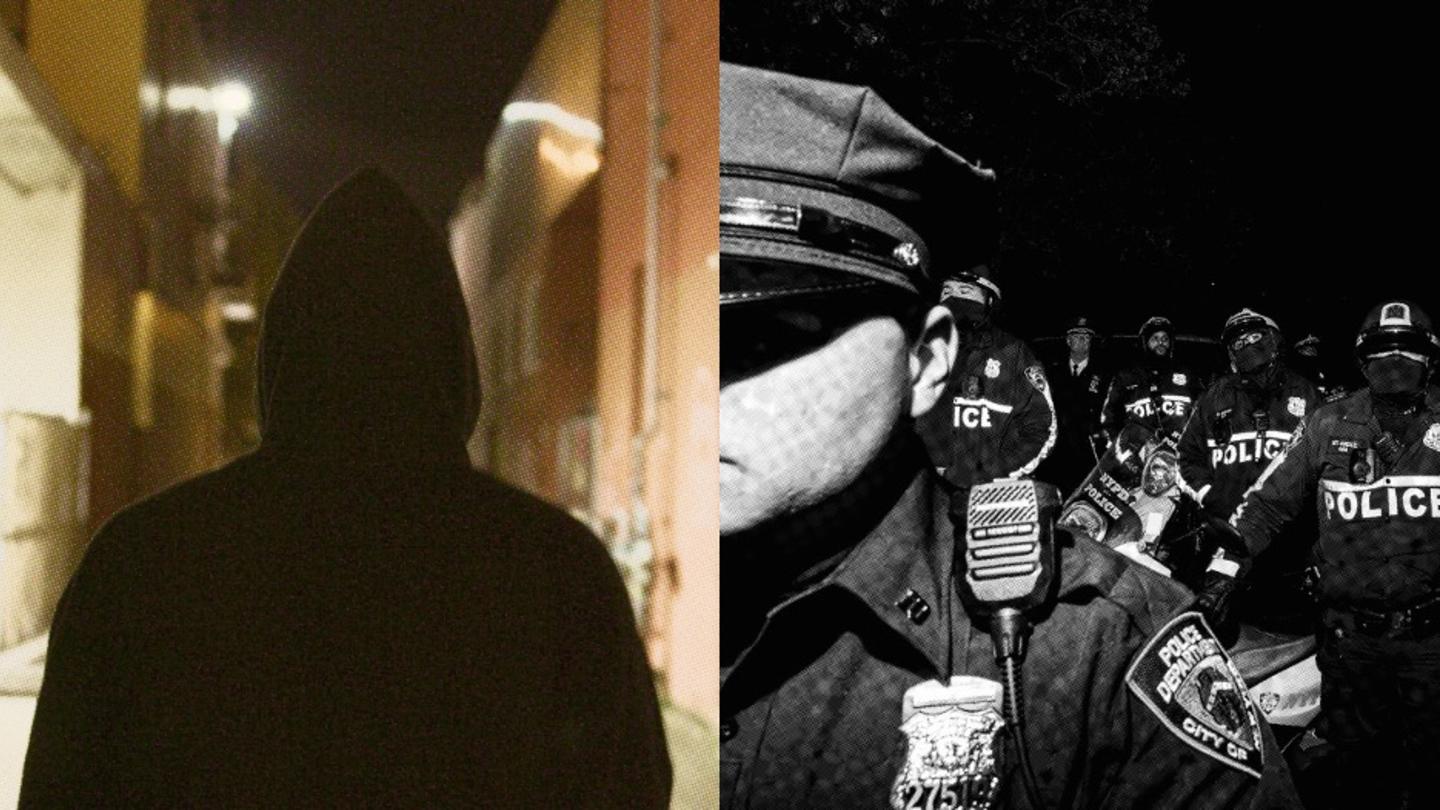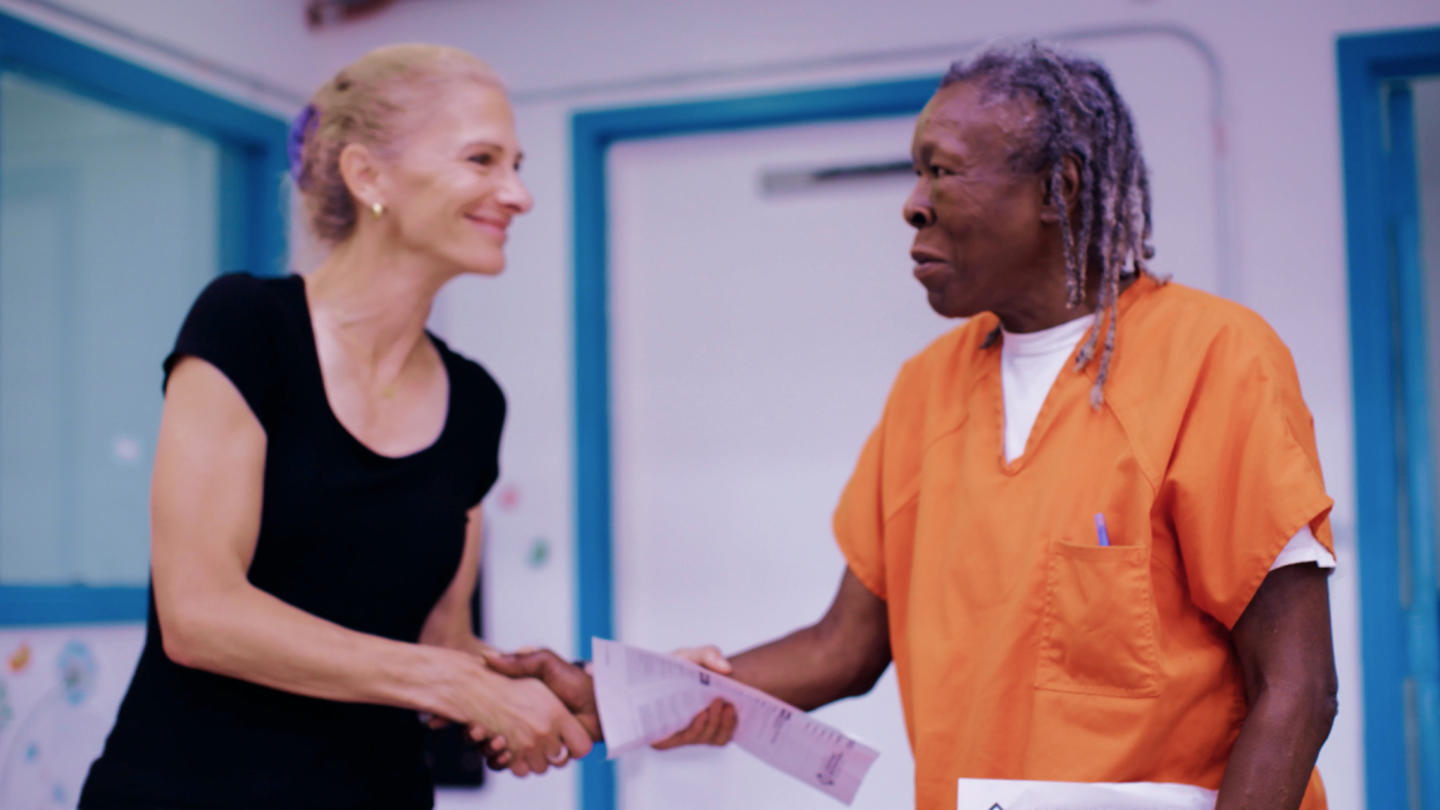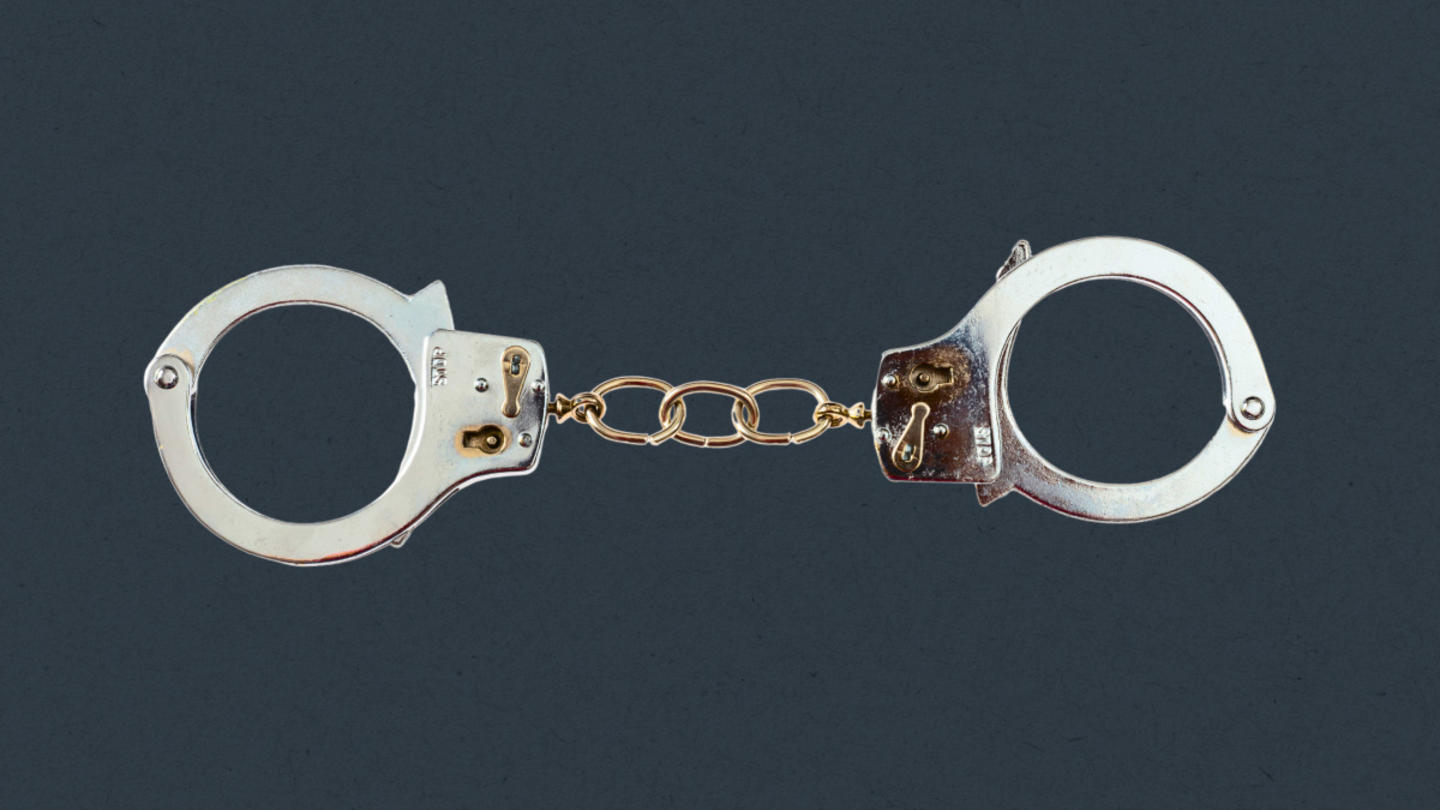This article was originally published by Stand Together Trust.
When Adam Gelb launched the Council on Criminal Justice (CCJ) in 2019, he had 32 years of experience working in the field from a blend of angles: journalism, politics, and the nonprofit world. He'd identified a gap: while each sector of the field has its own professional association, there was no organization that brought the sectors together and had the expertise, capacity, credibility, and mandate to be an ongoing forum for consensus building across all stakeholders, issues, and perspectives.
So he began CCJ, which aims to serve as "a center of gravity for the criminal justice field" by attracting top criminal justice experts and innovators across the political spectrum as its members.
We spoke with Gelb to learn more about the work CCJ does and why "consensus building" is vital to making gains in criminal justice reform.
Stand Together Trust: What is your mission at CCJ?
Gelb: Our goal is to advance understanding of the criminal justice policy choices facing the nation and build consensus for solutions that enhance safety and justice for all. We all recognize that we are in a national moment of reckoning with race and the criminal-justice system in our country. At CCJ we passionately want to make sure that it's not just a moment but a sustained movement.
For us, that means steering the conversation in the direction of solutions that don't just sound good but will actually work to reduce both crime and punishment. It means helping cement the idea that a fair and effective justice system is essential to democracy and a core measure of our nation's well-being.
We also want election to Council membership to be an incentive for people to excel in the field and do great things, and we want to get those achievements noticed and replicated across the country. This includes people who are accomplished and have long track records of success and people who are emerging leaders, especially those who are formerly incarcerated and have lived experiences with the system.
How did CCJ get started?
Over many years, in Washington and in dozens of states and localities, I'd been part of reform efforts that were able to make significant progress by bringing together people from different perspectives, focusing them on data and evidence, and guiding them to consensus. Research was always necessary but never sufficient. The key was trust. Reforms were much deeper and comprehensive when we earned the trust of crucial players and built relationships among them.
The idea for CCJ grew from that, so it is both a nonpartisan think tank and an invitational membership organization. By combining the two, we've created a forum that allows the best experts and innovators in the field to build relationships and produce policy roadmaps that are grounded in research and can win the necessary political support for adoption and implementation.
What happened in the past decade that made bipartisan collaboration on criminal justice reform possible?
There's been a convergence of interests. Liberals have traditionally come at this from a perspective of civil rights, racial justice, and equality, and conservatives have focused on public safety, limited government, cost savings, and personal responsibility.
Conservatives started to recognize that the prison system had become a bloated government bureaucracy and deserved the same kind of scrutiny that other government functions typically get. Once that began to happen, really starting with reforms in Texas in about 2007, we saw a shift.
There still are large ideological differences between Left and Right. Liberals and conservatives are taking very different roads, but are arriving at the same destination, which is shrinking the footprint of the system. With a smaller number of arrests, prosecutions, and prison sentences, you get less exercise of state power, less government intrusion into people's lives. And as it turns out, with incarceration levels so high, it's possible to cut crime and imprisonment at the same time. That appeals to you, whether you're on the Left or the Right.
Why is consensus building important?
When we created the Council, we believed that we were meeting a critical national need: for steadfastly nonpartisan institutions that focus on facts and encourage people of good faith to reach consensus on vital issues of the day.
When you force reforms through without consensus, they're much less likely to be sustained in policy, or in the culture of the agencies that need to implement them. There's an incredible level of discretion in the system. Everyone has it: police officers, prosecutors, judges, probation officers, parole boards. Given that no two cases are identical, there needs to be significant discretion. But what it means is that there are plenty of laws and policies that aren't worth much more than the paper they're written on. People can almost always find a workaround or an exception if they're not bought in. There are myriad ways to get things done, but if you want change to last and be more than cosmetic, it has to be built on the broadest possible foundation.
What have been some of CCJ's greatest successes since it began a couple of years ago?
We've demonstrated that you can bring together diverse groups of thinkers and doers in the field and facilitate a broad consensus on bold findings and policy guidance. We've just finished our third member task force, on policing, and have already completed one on federal priorities and another on COVID and criminal justice.
There's a sense that committees or commissions are places where good ideas go to die — or at least be watered down to the point of irrelevance. But if you look at what these groups have produced, it's quite remarkable. We've seen law enforcement leaders and civil rights activists sit down, go through the research, wrestle with incredibly complex and emotional topics, and come out the other end with recommendations that push the field forward. We've demonstrated that we can forge agreement on a set of very specific things that can be done, and that information and ideas from the Council can have impact on policy debates across the country.
What have you learned from your task force on policing?
We're trying to ground these conversations in facts and evidence and fundamental principles of justice. And when emotions are running as high as they are with policing (and understandably so), the conversation can get clouded by misinformation. The Council is — in general and with the policing task force — calling balls and strikes and aggressively weighing pros and cons. We're trying to help policymakers and the public understand the tradeoffs that are involved with these big policy decisions.
We're also trying to steer reform energy into the places where it's going to have the most impact. The clearest illustration of this is on chokeholds. The task force recommended that all chokeholds be banned, and also that any type of neck restraint be prohibited. But we also made clear that chokeholds account for less than 1% of police killings, so banning chokeholds is a necessary but far from sufficient thing to do.
The task force worked its way through the most commonly proposed reforms, assessing each one against the evidence and the members' own experiences, and producing user guides for each proposed reform. It landed on five top priorities: develop national training standards; establish a federal decertification registry; adopt duty-to-intervene and mandatory reporting policies; promote "trauma-informed" policing; and increase data collection and transparency.
What is it about CCJ that makes it most effective?
One word: credibility. There's an initial perception, and one that we are striving mightily every day to build, that when something comes out of the Council, it will reflect a full and thoughtful analysis of the issue. We're not producing three cherry-picked talking points that support a particular point of view. When you pick up one of our documents, you can have confidence that we're not ignoring counterarguments or perspectives that don't hew to a particular narrative.
At the end of the day, we want to influence the tone and direction of the national conversation on criminal justice, both by generating credible, research-backed policies and by elevating the top experts and innovators in the field.
***
Stand Together Trust inspires and invests in social entrepreneurs developing solutions to America's most pressing problems. Read more about our support for criminal justice reform.
